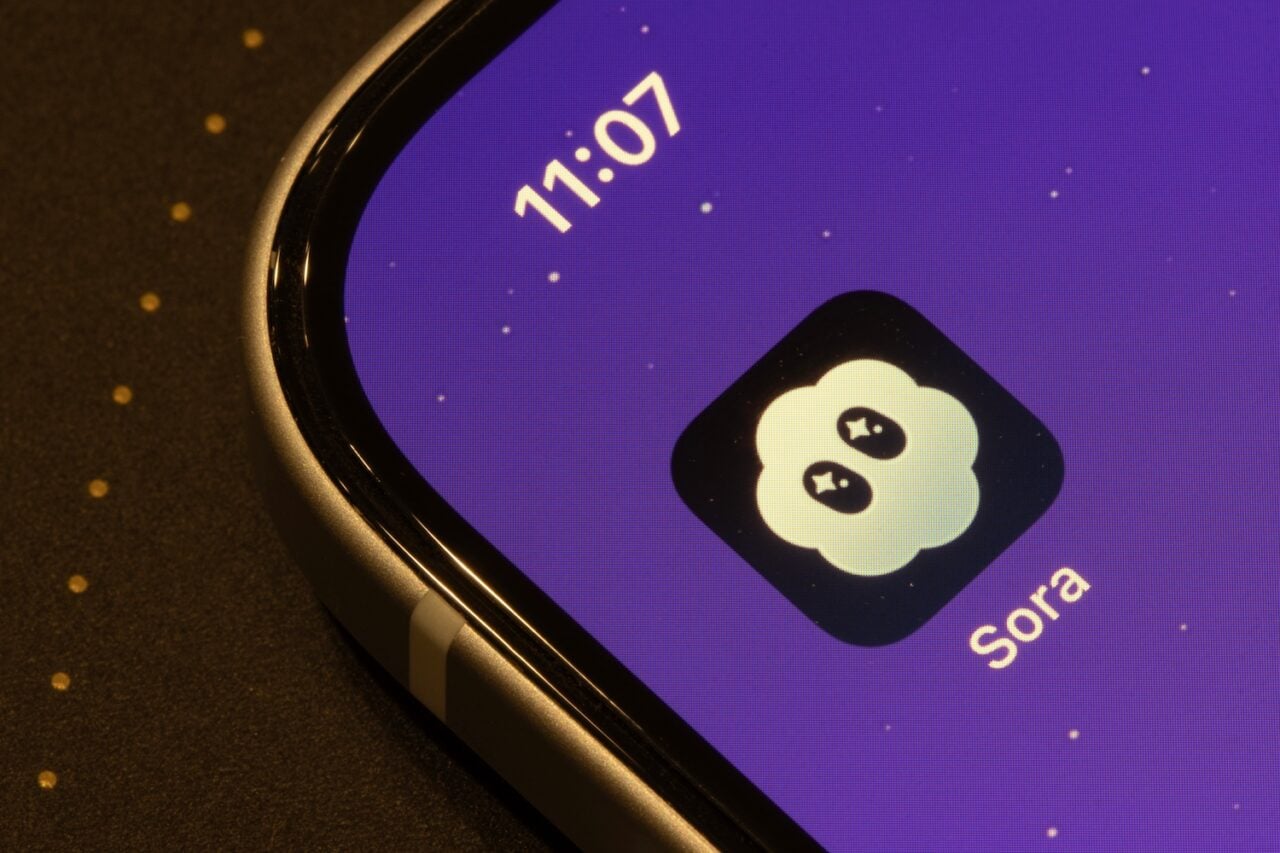UPDATE: OpenAI faces a major legal setback as the Northern District of California court has issued a temporary restraining order prohibiting the company from using the term “Cameo” in its Sora app. This ruling comes after a lawsuit from Cameo, the popular celebrity video-selling platform, alleging trademark infringement.
JUST ANNOUNCED: The court’s order, effective immediately, will remain in place until December 22 unless further developments occur. This legal battle is significant as it directly impacts how users interact with Sora, which launched on September 30 alongside the innovative video generation model, Sora 2.
The controversy centers around Sora’s feature allowing users to generate videos featuring likenesses of individuals, including celebrities. When users request a “Cameo” using the app, they expect to receive a video of a specific person, which has raised concerns for Cameo regarding potential confusion with their own offerings—videos purchased directly from celebrities.
Cameo argues that OpenAI’s use of the term “Cameo” disregards the potential confusion it creates. The platform has stated, “We believe this blatant disregard for the obvious confusion it would create is unacceptable.” They emphasize that their service includes personalized videos that users purchase, leading to distinct branding issues between the two platforms.
In its official response to CNBC, OpenAI expressed disagreement with the trademark claims, stating, “We disagree with the complaint’s assertion that anyone can claim exclusive ownership over the word ‘cameo’.” The tech giant is preparing to present its case in court, underscoring the ongoing nature of this dispute.
Adding to the complexity, not all videos created in Sora involve the Cameo feature. For instance, users can generate likenesses of late celebrities like Michael Jackson without invoking trademark issues. However, the system complicates matters when dealing with living celebrities, such as actor Bryan Cranston, whose character “Walter White” can be generated without a formal Cameo request, leading to further potential trademark conflicts.
Cameo’s platform hosts notable personalities, including Mark Cuban and Jake Paul, who can be featured in both Sora and Cameo, amplifying the confusion around brand identity and use of the term.
This legal challenge is not the only one OpenAI is facing. Last week, the library app OverDrive also filed a lawsuit against OpenAI, claiming that the icon used in Sora is too similar to its own branding. The combination of these legal issues places significant pressure on OpenAI as it navigates the complexities of trademark law amid rapid technological advancements.
As this situation develops, the tech community and users of Sora are left to wonder how OpenAI will adapt its app to comply with the court’s ruling. Currently, the Sora app still contains the term “Cameo,” raising questions about OpenAI’s immediate next steps.
Stay tuned for updates as we continue to follow this unfolding legal battle and its implications for both OpenAI and the broader tech landscape.
